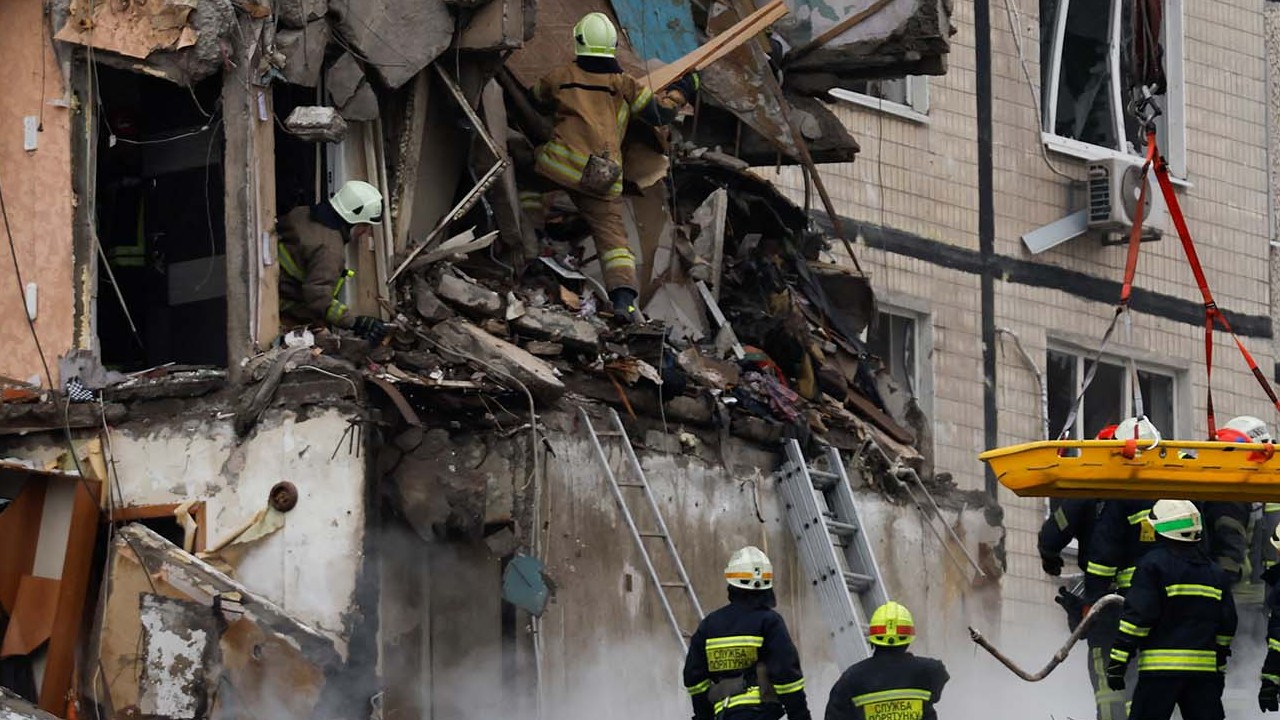
Germany’s U-turn on tanks comes just in time for Ukraine, but much too late for Nato allies
- Germany’s leader Olaf Scholz has long resisted calls for the country to provide Ukraine with more military support, citing the risk of escalation
- An about-face was inevitable given the hollowness of this excuse, but the delay has hurt Scholz’s leadership and Germany’s reputation
With Germany supposed to contribute to Ukraine beyond humanitarian efforts, Scholz made it unequivocally clear that solidarity, in the end, is a one-way street. The risk of “escalation” was the excuse he used most.
Conversations about increased help for Ukraine in Berlin, Washington or Paris were never the reason for these atrocities. Those who negate this reality are not only scaremongering but useful for Russian propagandists.

Moreover, extensive deliveries of weapons have already been made. Somehow self-propelled howitzers, anti-aircraft tanks and air defence systems are acceptable, but tanks are the red line the West should not have crossed? It is an argument that never withstood the test of common sense.
At this stage, Moscow can ill-afford any serious escalations. To put it mildly, the course of the war for Russia has been suboptimal. Extending it and, in a worst-case scenario, drawing even more parties into the war does not appear to be in Moscow’s best interest.
But actions – or lack thereof – have consequences. Each German ally will now reassess its cooperation, including Washington. Berlin may think it is surrounded by friends, but doubters from Paris to Warsaw have only increased in recent months, and Germany has now shown that in times of war, it is not willing or capable of acting as Europe’s primus inter pares.

That it took such a united domestic and global effort to pressure him into submission is a tragedy for Nato. One must not forget the Western defence alliance is not supplying Ukraine out of the goodness of its heart. Security concerns have always played a profound role.
But now, Ukraine will be able to form a unit that the army can use to break through Russian lines. While at the beginning of the invasion, the focus was on mobile resistance, which then shifted to strategic defence, the past week has ushered in a new phase of the war.
Suddenly, Ukraine is capable of initiating its own strategic offensive – a vital step to forestall a widely anticipated Russian spring offensive and maybe even win back Crimea, which Russia illegally annexed in 2014.
Thomas O. Falk is a UK-based independent journalist and political analyst who is working on a PhD with a focus on German foreign policy during the Kohl and Merkel years


